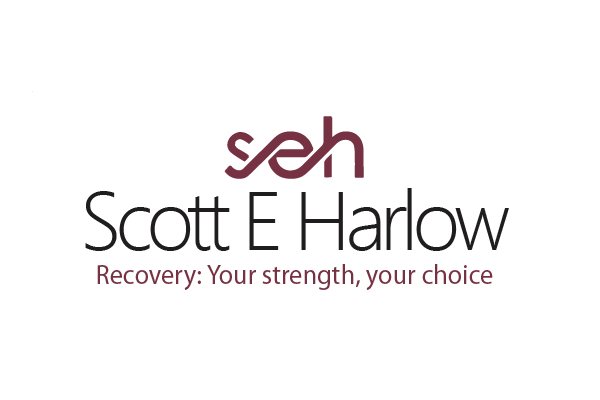Consequently, it’ll make your efforts more focused and organized. This shelf is for you if you’re a senior designer looking to accelerate your career or a junior designer who wants to know more about how product design teams work. Overall, “100 Things Every Designer Needs to Know About People” is a valuable resource for designers of all levels, providing practical advice and interesting insights into the design field. Still, the author presents them from a new or insightful perspective that even experienced designers may not have considered.
What many senior designers have over juniors is the confidence that stems from experience. Monteiro’s advice will build your confidence in your craft and make you aware of your value as a designer. Most people who read this book say they wish they had read it earlier.
The Basics of User Experience Design
What’s more, contrary to other must-reads on UX design, Don’t Make Me Think is the most resilient to time. 👉 We all need to comprehend what users go through in a given product to produce, market, ui ux design books and finally sell it. Let’s be real; there are way too many credibility issues going on where we get our information. We wanna learn something, we check the internet, we claim we are well-read.
Have you ever used an app, website, or online form and been frustrated with the user experience? Maybe certain parts didn’t behave as you expected and we unintuitive. Contrarily, when you use an app or website with good UX design, you likely don’t even realize. Good UX design is intuitive and invisible because it’s in tune with human behavior. This book explores the ways in which design affects our daily lives, from the products we use to the buildings we inhabit. Norman argues that good design should be user-centered and focus on how people interact with technology and the environment around them.
Dieter Rams: 10 Timeless Commandments for Good Design
I hope this article helped you, if you are into designing then don’t forget to follow me for similar kinds of design content.
- Essentially the more time, a user invests in the product the more likely that they’ll see value in it.
- In “User Friendly”, Kuang and Fabricant set out to cover the evolution of user-friendliness and its impact on our lives.
- The book addresses basic UX design principles such as user testing, product management, basic visual aspects, and the goal-directed design method.
- Besides, it is good to have a practical guide whatever your profession is.
- The author emphasizes the importance of collaboration and communication with stakeholders and provides tips on how to advocate for UX design within organizations.
Pressfield took a radically different, no-bullshit approach to writing this book. It focuses on every creatives’ arch-nemesis—The Resistance—and how this enemy can stop us from achieving anything if we let it. Why does the average person check their smartphone is 110 times a day? As of the fourth quarter of 2019, Facebook has almost 2.5 billion monthly active users. According to Nir Eyal, it’s because they make use form habits, wedge themselves into our lives, and offer variable rewards. In User Friendly, Kuang and Fabricant tell the whole story for the first time―and you’ll never interact with technology the same way again.
Sprint: How to Solve Big Problems and Test New Ideas in Just Five Days
Also, if you’re someone glued to their phone, it’ll make you more mindful of these products’ psychology without being preachy. These fundamental design principles can help any beginner become a better UX designer. Even experienced designers can still learn a thing or two from this book.
Every product, website, tool, or software design process has to build upon that mindset to be a hit. These e-books and UX resources are a wealth of knowledge for both new and experienced UX designers, offering a range of insights into the ever-evolving field of user experience design. It provides insights into current design trends and showcases examples of superior designs.
How to Improve Your UI Design Skills
Also, he brings plenty of entertaining examples to underline his points. What sets this book apart from similar books is the practicality of its advice. At the end of each section, a box of takeaways provides concrete, actionable tips for applying the principles discussed in the section. These laws are condensed and snappy descriptions of lingering design concepts, like the peak-end rule, Miller’s law, and Von Restorff Effect. Now, they might sound very fancy, but I found all of them easy to grasp. On top of the 10 laws, Yablonski also explores the ethical considerations we should keep in mind when applying these principles.
It’ll give you the perspective and insights to figure things out on your own. These planes cover both the abstract and concrete aspects of user experience design. Each plane is based on the decisions made on the plane below while influencing the planes above. There are a few points where the book becomes a bit preachy, especially around the discussions of social media and tech companies. Otherwise, this is an easy and short read from the infotainment genre. Still, like practitioners of various artistic fields, I believe UX designers can also learn a lot from their history.
Turns out that the conscious mind is the tip of the iceberg when we’re deciding how to act and behave. The inspiring, life-changing bestseller by the author of LEADERS EAT LAST and TOGETHER IS BETTER. An insider’s account of Apple’s creative process during the golden years of Steve Jobs. System 1 is fast, intuitive, and emotional; System 2 is slower, more deliberative, and more logical. One interesting insight is that Kahneman ends his books with a conclusion on the importance of improving our decision-making and the role that technology can play for that in the future.
Krug offers a comprehensive roadmap to conduct effective user research. A key takeaway from this book is recognizing the diversity in user behavior and the importance of designing for these variations, akin to addressing differing behaviors in real life. Marsh’s practical, humor-infused approach makes this a quick and enjoyable read, perfect to consume in one sitting. We’ve written this guide to focus specifically on books that are focused on learning UX design. If you’re looking to level up your UI design and product design skills, we’ve written a separate guide specifically on the best books for modern UI design. The Design of Everyday Things was republished in 2013 and to include updated best practices and examples of user experience design principles in action.
100 Things Every Designer Needs to Know About People is a solid design-psychology hybrid book that teaches you how to be more effective at guiding these responses. Kocienda shares moments of struggle and success, crisis and collaboration, illuminating each with lessons learned over his Apple career. He introduces the essential elements of innovation―inspiration, collaboration, craft, diligence, decisiveness, taste, and empathy―and uses these as a lens through which to understand productive work culture. Hundreds of millions of people use Apple products every day; several thousand work on Apple’s campus in Cupertino, California; but only a handful sit at the drawing board. Creative Selection recounts the life of one of the few who worked behind the scenes, a highly-respected software engineer who worked in the final years of the Steve Jobs era―the Golden Age of Apple.

